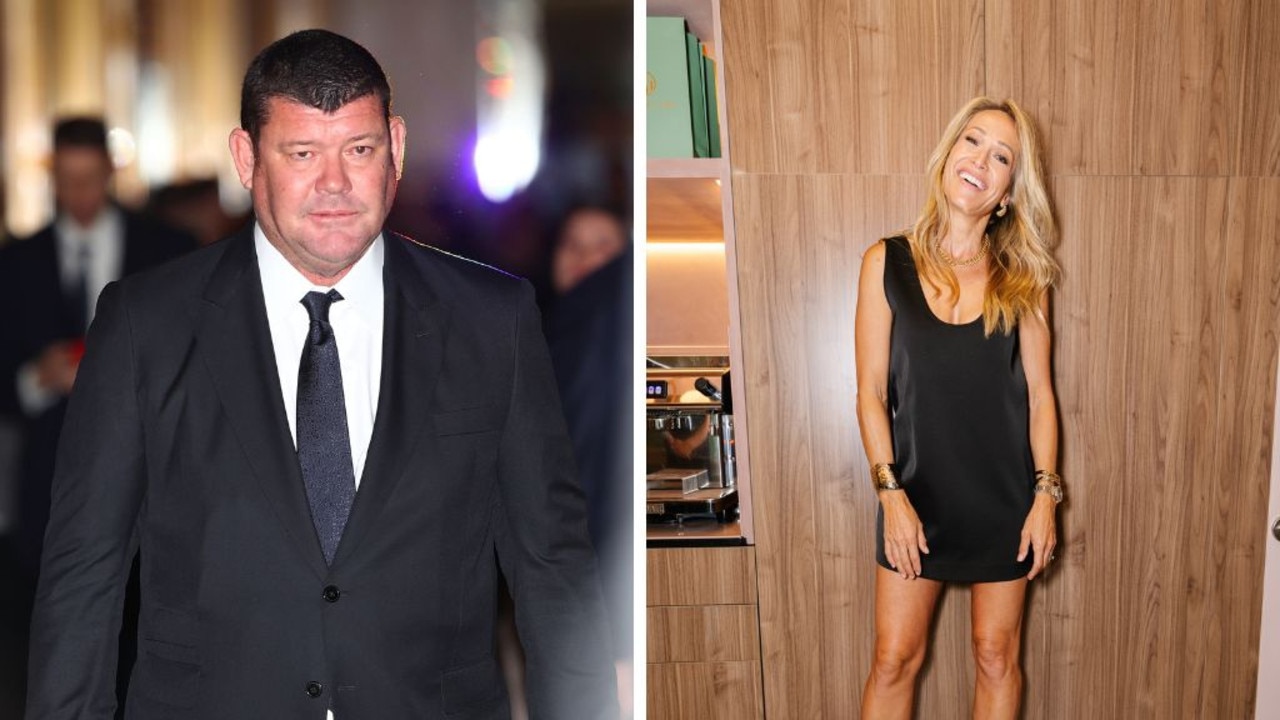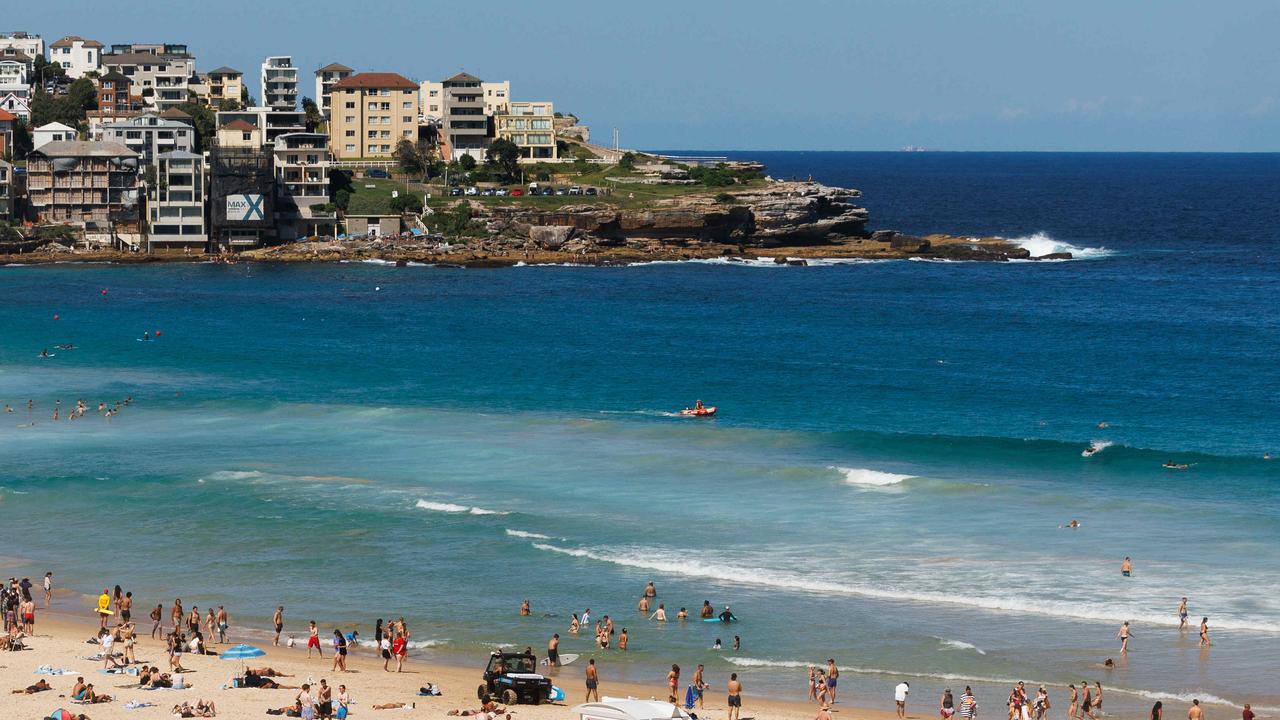Bondi Rescue lifeguard Bruce ‘Hoppo’ Hopkins celebrates 25 years on the beach
BRUCE “Hoppo” Hopkins was going to be a lifeguard for five years then go back into radio. The force behind and star of Bondi Rescue just marked 25 years in the job.
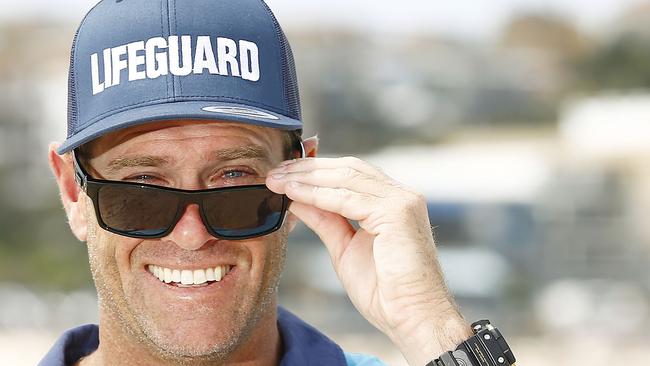
Wentworth Courier
Don't miss out on the headlines from Wentworth Courier. Followed categories will be added to My News.
- National gong for Bondi Beach
- Teens swamped by wave at Bondi Beach
- Shark alert system passes beach trial phase
HE’S the country’s longest-serving lifeguard, the star and driving force behind Bondi Rescue and one of the most recognisable faces of Bondi Beach.
But it could have been a very different story for Bruce “Hoppo” Hopkins, who has just marked 25 years in the job.
“I left school and I got in to radio with 2GB and I was into competitive sport and training ... and one of the guys here said ‘Why don’t you try out to be a lifeguard?’,” he told Wentworth Courier. “I was only going to be here for five years.
“I thought after five years I’d be a bit older and I might go back into doing the radio or some sort of stuff in the media full time.”
As events transpired, five years turned into 10 and a chain of events led to a transformation of not only the man but also the profession.
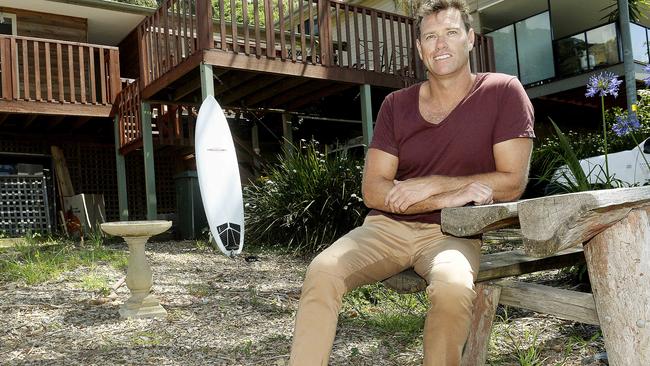
“When I started in ‘91 it wasn’t a full time job, Bondi wasn’t open all year round so it was only a seasonal job — you really only worked from October through to the end of April,” said the 47-year-old father of two who was born and raised in Bronte.
“It was the job you did until you got a real job type of thing.”
Hoppo took on the head lifeguard role just before the 2000 Sydney Olympics — a time he recalls as a highlight of all his years on the job — and he developed a passion for water safety and minimising the risk of drowning.
“I suppose I had a vision of how it (lifesaver role) should go because we were losing a lot of older guys because they had families,” he said.
“You couldn’t keep a lot of guys once they got in to their 30s because they couldn’t just work seven, eight months of the year because they had families to support.”
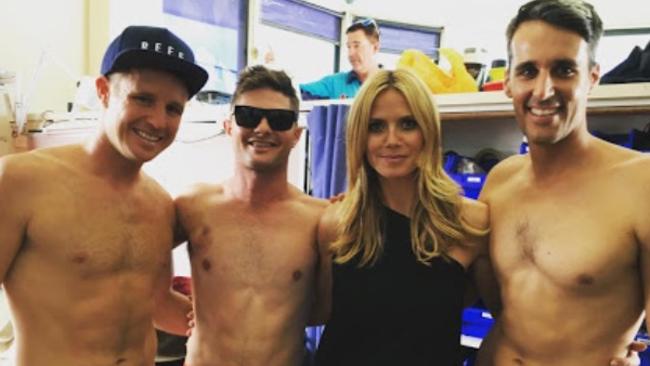
Hoppo set about convincing Waverley Council to make the role full time — and changing the lifesaving culture.
“When we went that way we kept a lot of the older guys,” he said.
“We had been training up the 18 to 20 year olds and then the older ones would leave and it was costing council because of the big turnover.”
What ensued was the introduction of tougher and more vigorous testing of lifeguards as well as a more stringent entry process.
“Our testing is a bit harder than what the minimum standard is of the Lifeguard Association, and the only reason I did that was because we had a lot of people here who were only here just to hang at the beach,” he said.
“I wanted people who wanted to be here and work, and not for the sake of being here.
“That made it a lot harder for people so unless they wanted to put the work in and get fit enough they weren’t going to pass. A lot of people weren’t happy in between but that is what we had to do to change the culture.”
What also followed were plans to take the work of the Bondi lifeguards to the masses — and Bondi Rescue was born.
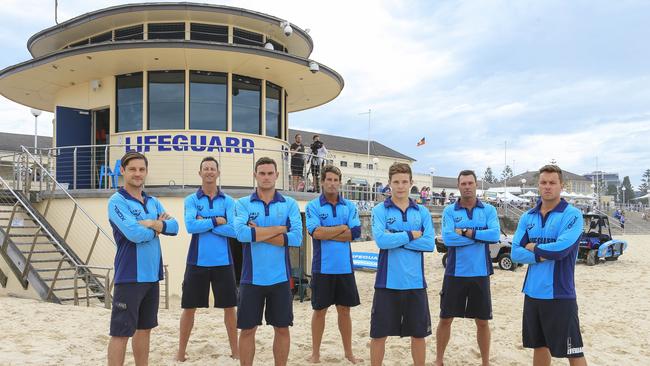
“It was 2005 and we spent eight months trying to sort out how to get this show, to pitch it to council and do a pilot and pitch to the networks ... but I always knew that we had the best watermen, some of the best in the world,” he said.
Outside of his lifeguard duties, Hoppo is involved in Surf Educators International, which teaches more than 20,000 children about water safety survival.
He is also a lifeguard consultant around the world, an RUOK? spokesman and a life member of the Australian Professional Lifeguard Association.

